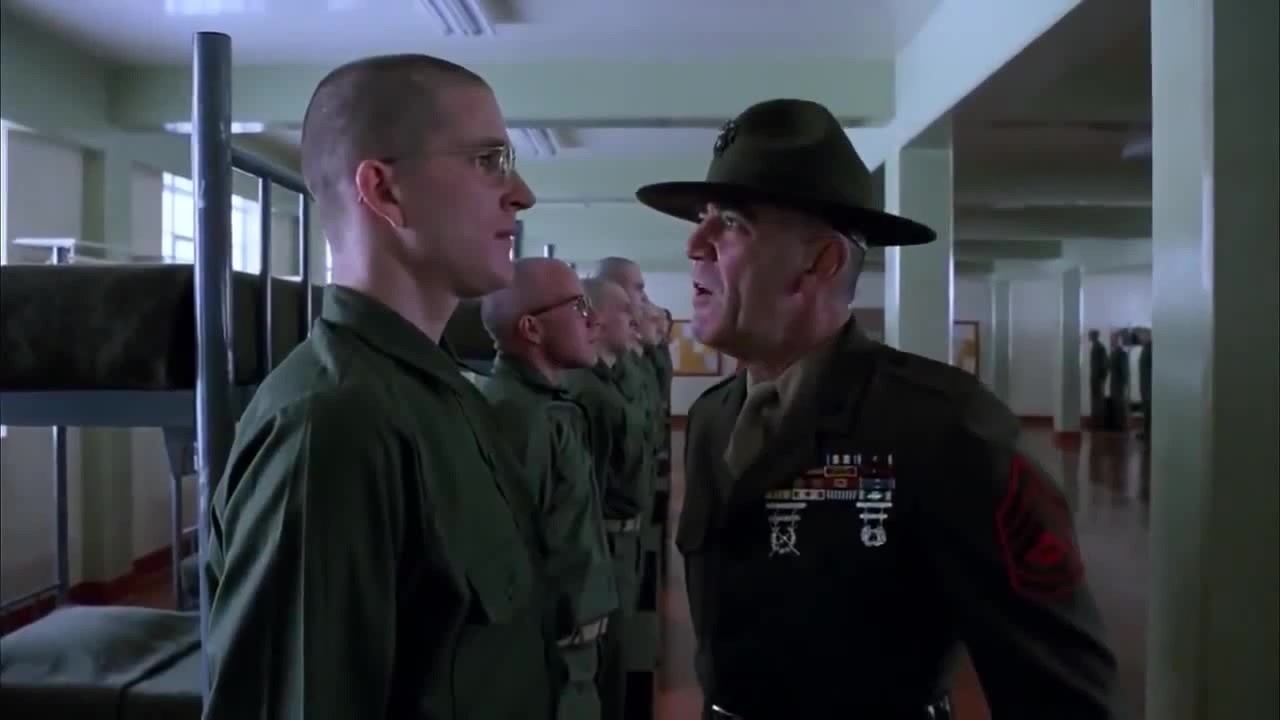‘Generals win wars, but sergeants win battles’. I can’t find a definitive single source for this aphorism anywhere. It sounds like Napoleon.
Though it could have been Monty, Patton, Schwarzkopf, or any number of military phrasemakers over the course of the last couple of thousand years or more.
Truisms have a habit of being true, and this one is no exception. I’ve never been in a battle (though a lot of meetings have come close). But I’ve seen enough war films to know that it’s usually the hard-bitten old sergeant who leads the platoon to victory, not the wet-behind-the-ears lieutenant, and certainly not the general in the rear.
Military metaphors have become less popular in marketing over the last decade or so. But I’m going to go out on a limb here and use one. I think successful marketing departments need sergeants as much as successful armies if they’re going to win the battle for customers’ hearts, minds and wallets.
The marketing department’s equivalent of the sergeant is the middle-ranking manager. There are far fewer of them around than there used to be, and I think that’s a singularly bad thing.
The concept of middle management has a bad reputation. Reggie Perrin was a middle manager. So was David Brent. For years, middle managers have been the victims of accountants and consultants as well as comedy writers. The accepted wisdom is that they are an unnecessary cost at best, and grit in the gearbox of efficient working practices at worst.

It is argued that in the age of the all-staff email, the town hall meeting and the cringe-worthy Christmas video address to the troops, there is no need for a middle layer between the generals and the poor bloody infantry. Lines of communication between top management and the shop floor are open and direct. The administrative burden previously taken up by middle managers has been automated or eliminated entirely by process re-engineering.
The bit about administrative burden may be true, but I would take serious issue with the point about internal communication. You don’t need any reminding that marketing is somewhat complicated these days. There has never been a greater need for a corps of intelligent intermediaries whose job it is to translate the General’s grand strategy into specific orders each soldier can act on.
CMOs are too busy to do this job themselves. They don’t just have to manage down; they also have to manage upwards and sideways too. Everyone wants a piece of them, and some of them are prepared to slice it off with a knife.
This translation thing is important. What does a CMO’s desire for ‘customer centricity’ mean to a junior marketer a year out of university? Too many times, in my experience, it is simply understood as an edict to put a customer in the ad.
Good agencies can help. I’ve often thought that one of the most useful roles an agency can fulfil is to help the CMO communicate their intent to rest of the marketing function. But there should be a ceiling to an agency’s prerogative. If you really believe, like Theodore Levitt, that marketing is the core function of a business, there is a limit to which that function can or should be outsourced.
As well as translator, there are two other marketing roles that I believe only middle management can perform.

The first role is that of on-the-job educator. Officers don’t teach soldiers the skills of their lethal trade. Sergeants do. They are present at the time and the place when those skills need to be learnt. And the style of their teaching is usually more practical than theoretical.
The second role is that of discreet advisor and fixer to the officer corps. Middle managers know how the machine works and how to get stuff done. As the machinery of marketing gets more complex, this stuff matters more and more. Middle managers know what the marketing technology can actually do as opposed to what the vendor said it could do. They know how to get a task to the top of the data team’s workstack, and who to talk to in Commercial to get hold of the real numbers.
For all these reasons, and more, I am prepared to go out on an unfashionable limb and pay tribute to the role of middle management in marketing. Without these translators, teachers and facilitators in the middle, I fear marketing organisations will be left with little more than chair-bound generals and short-sighted foot soldiers.
By Richard Madden, customer strategy director, BBH London. Follow them @BBHBlackSheep



